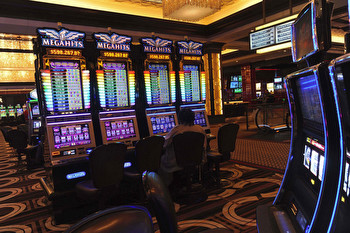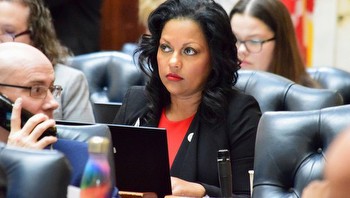Maryland Again Tries To Legalize Online Casinos

Unbothered by his 2023 setback to legalize online gambling in the Old Line State, State Senator Ron Watson is reviving his failed SB267 bill with 2024’s SB603 bill. While these bills are essentially the same, SB603 has explicit language for Maryland’s land-based casinos to partner with their online counterparts. SB603 also calls for at least five additional gambling licenses reserved for businesses headquartered in the state for at least ten years.
If the measure is approved, companies that qualify and are approved for a casino license will have to shell out $1 million to procure it for five years. However, the caveat is that these same companies would have to invest heavily in a live dealer streaming feature. Since Evolution Gaming pioneered the modern-day live dealer phenomenon in 2019, it remains a main attraction for American online casinos and a major reason why the US iGaming sector hauled in a record-breaking $66 billion in tax revenue in 2023.
Unlike previous attempts to sanction online gambling in Maryland, recent polls dating back to last December, strongly indicated that Marylanders seem to be keen on real money online casinos launching. Currently, SB 603 is on the docket to be voted on this year.
But, even if Maryland’s State legislature approves Senate Bill 603, they still have to approve Senate Bill 565, which determines how many online casinos could legally operate in the Terrapin State. It would eliminate table limits for marquee online table games like blackjack and poker. Assuming that SB565 is passed, Maryland voters still have to approve the measure ultimately.
But despite the renewed interest in making real money Maryland online casinos official, critics from non-profit organizations, state congressmen, and the general public remain. The main fear is that new online casinos will impact profits from Maryland’s retail casinos. Other concerns center around the issue of compulsive gambling.
To address and dispel these concerns, State Senator Ron Watson reminded his constituents and colleagues that if Maryland online casinos become official, they would include a dedicated, responsible gaming section where players can set cool-off periods, playing and loss sessions, or permanently ban themselves from participating online.
Watson also stressed the immense financial benefits that regulated online gambling would bring to Maryland. If approved, regulated online casinos would bring nearly 50% of precious tax revenue, which can help fund critical infrastructure projects and the education system.






































